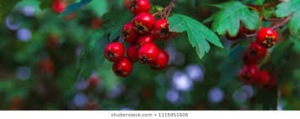https://thebluenib.com/article/hildegard-of-bingen-colleen-keating-reviewed/
‘Hildegard of Bingen’ Colleen Keating – Reviewed
Emma Lee

‘Hildegard of Bingen’ Colleen Keating
(Ginninderra Press www.ginninderrapress.com.au
ISBN 9781760417666, 248pp, $Aus 35)
Hildegard von Bingen (1098-1179) was a nun, sold into a convent aged 8, initially under care of Jutta von Sponheim (1091-1136). Hildegard specialised in medical properties of herbs and plants and had religious visions which she dictated to a scribe. She also undertook four journeys to spread word of her faith and was officially canonised in 2012. Colleen Keating’s poems form a book-length sequence telling Hildegard von Bingen’s story, starting in Hildegard’s teenage years. Her confessor, Abbot Kuno, already sees Hildegard as a potential problem, in ‘Confessor’,
‘He questions Hildegard’s sincerity,
annoyed by her fervour.
He knows he is not the confessor for her.
Blessed Jutta is different
he tells himself impatiently,
compliant and so very holy.’
Abbot Kuno’s attitude reminds Hildegard of her mother’s warning in ‘Her Secret’,
‘when a beautiful light spoke to her,
when she knew more than she should
when her mother warned her to remain silent,
for fear it is the devil at work.’
However, Abbot Kuno has to grudgingly accept Hildegard’s growing fame as a healer, ‘Pilgrims’ ends,
‘Abbot Kuno builds
a small oratory for his sisters,
alert to their fame and charisma
and the revenue
they attract to his monastery.’
Hildegard continues to have her visions but, unfortunately, Jutta’s health seriously deteriorates as she pushes herself to starve and walk on frosty ground barefoot under Abbot Kuno’s urging to push her to sainthood. As Hildegard tends Jutta, she notes in ‘The Last Swallows’, ‘Jutta has her mind only
on heaven,/ to be remembered as a saint.’ In the ‘Passing of Jutta’, ‘Jutta mumbles a litany of virgins and martyrs/ Ursula, Barbara, Agatha./ Hildegard cries names/ of strong biblical women/ Deborah, Judith, Miriam, Esther, Ruth.’ The names reflect the women’s characters.
Hildegard feels ‘A Call to Write’,
‘Light blinds her.
She hears the hum and strike of words:
O fragile human, ashes of ashes,
dust of dust,
say and write what you hear.’
Abbot Kuno allows her a scribe, Volmar. A Papal Envoy summons Hildegard. In ‘Divine Revelation’, ‘The bishops sit high on large carved chairs./ Abbot Kuno sits with a severe frown/ behind an oak desk against the wall./ His impatient tap of fingers/ does not deter Hildegard.’ Turn the page and a missive, ‘The papal envoy calls your words inspired./ You are requested to continue.’ Despite the Papal Envoy’s blessing, Abbot Kuno obstructs her from completing her manuscript of visions. Hildegard goes on hunger strike. Volmar writes to Bishop Henry of Mainz who instructs Abbot Kuno to comply. He allows her to journey to Bingen to build a new abbey. ‘The Art of Perseverance’ sees the abbey established, her manuscript now has 150,000 words and 34 illuminations, and Hildegard has chance to take stock and reflect on her discovery of music,
‘a sacred text in love and trust
and the art of perseverance.
Her years are divided by liturgical feasts
her days marked by the hours
time, by the moon and seasons
rhythmic flow of the cycles.
Abbot Kuno’s stubborn
withhold of dowries constrains here.
Yet nothing constraints her spirit.
Oh, how her spirit soars.
The opera must be performed
for our new chapel opening.’
After three missionary journeys, which aren’t detailed in the poems, Hildegard returns to the issue of the withheld dowries, taking it up with Kuno’s successor, the Abbot of Disibodenberg, in ‘The Letter’
‘Not to release our dowries is unjust, selfish, illegal.
I can see you’ve ignited a black fire against Rupertsberg.
Yes, I see this in you. I’m only a poor insignificant woman,
weak and worthless, yet if you listen to me,
you’ll learn something.
Inside your soul, you must feel embarrassed
when you see yourself for who you ware.
Sometimes you’re an angry, growling unkind bear,
but since you are so weak, you only snarl quietly under your breath.
The italics are a quote from her letter and, despite their tone, the dowries are released. There’s a ‘Last Missionary Journey’ where Hildegard talks to Volmar, ‘I must journey forth in these dark times,/ speak out for our people./ They especially need encouragement.’ Following an incident where buries a beggar in her abbey and refuses to allow the beggar to be exhumed and re-buried outside of consecrated ground, music is banned from her abbey. Hildegard’s reaction is captured in ‘The Final Letter’ to Archbishop Christian of Mainz,
‘So you and all your prelates must use the greatest vigilance
in stopping, by decree, the mouth of any assembly
of people singing to God.
Beware,
lest in your judgement you are ensnared by Satan,
who draws man out of the celestial harmony
and delights of paradise.
By silencing song in our abbeys you cut human fellowship
with the angelic praise of heaven, but graver still
you disrupt the harmony of body and soul.’
Again the italics are direct quotes. With her own life coming to an end, Hildegard notes, ‘A Circle Ends Where it Begins’ and ‘watches herself both hands in the air,/ eyes to the heavens, turn and twirl a dance of light.’
In ‘Hildegard of Bingen’ Colleen Keating has done meticulous research and brought Hildegard to life in a series of poems that follow a chronological narrative arc. The liveliest sections are where Hildegard is quoted and able to speak for herself. Some sections do however tell readers that this incident happened, then another incident happened which gives the section a prosaic, list-like feel. Overall ‘Hildegard of Bingen’ paints a picture of a compassionate, dedicated woman, not afraid to rebel and stand up for just causes when necessary.
https://thebluenib.com/article/hildegard-of-bingen-colleen-keating-reviewed/

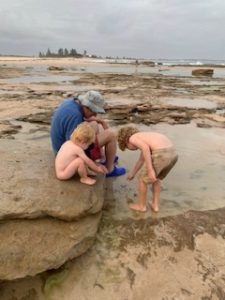
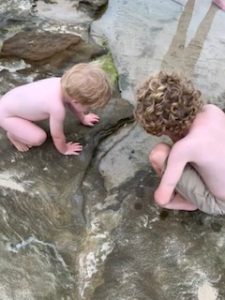
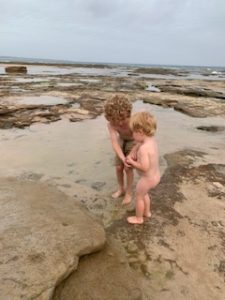
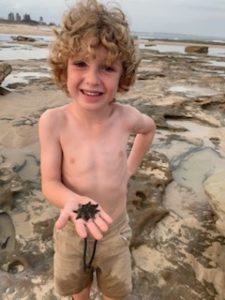
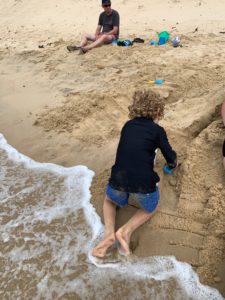
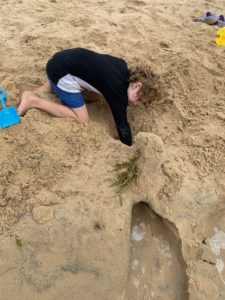
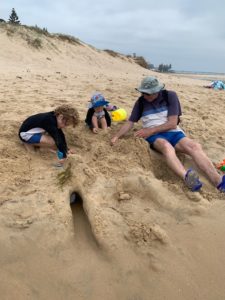
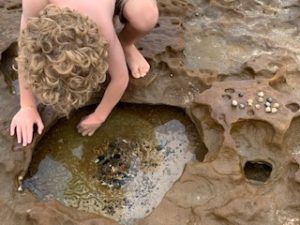
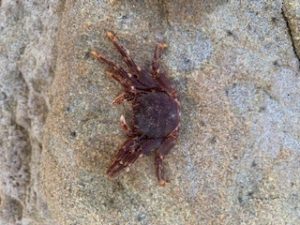
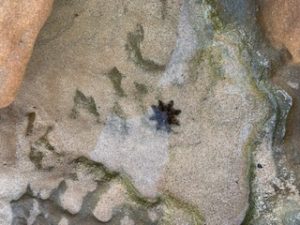
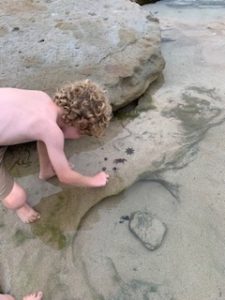
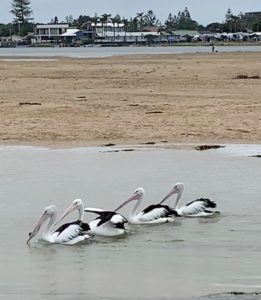
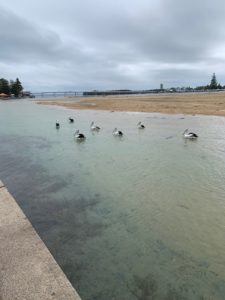
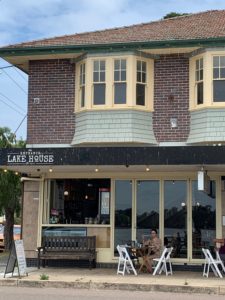
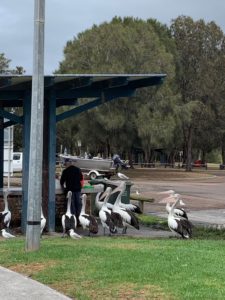
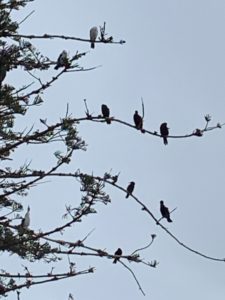
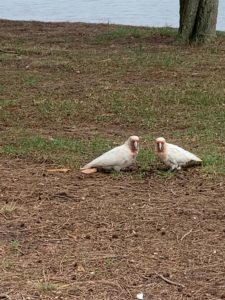
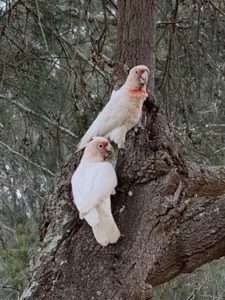
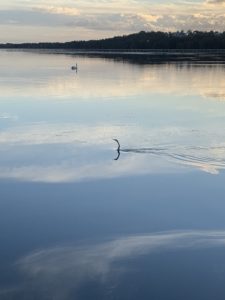

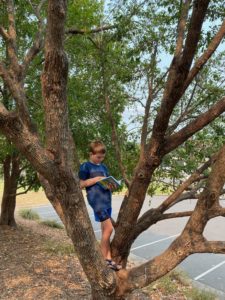
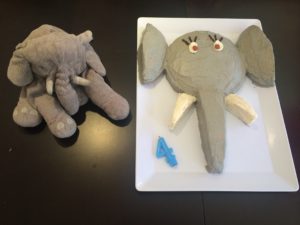

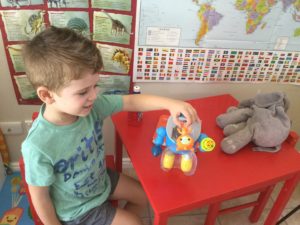
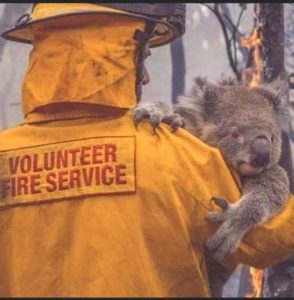
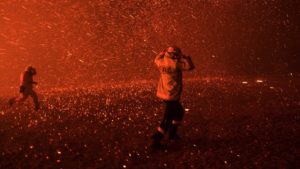
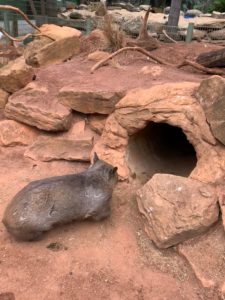
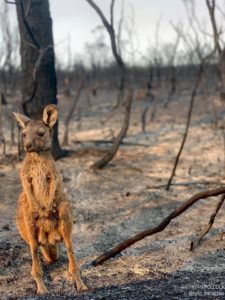
 Topic tags:
Topic tags: 


